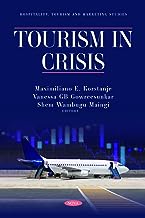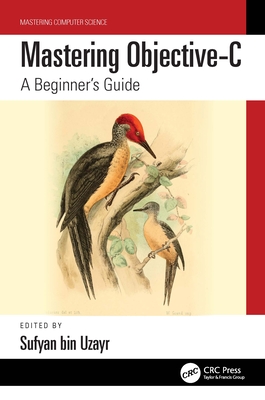
Tourism in Crisis(Hospitality, Tourism and Marketing Studies)
危机中的旅游业
心理学史
¥
1472.00
售 价:
¥
1104.00
优惠
平台大促 低至8折优惠
发货周期:国外库房发货,通常付款后3-5周到货!
- 图书详情
- 目次
- 买家须知
- 书评(0)
- 权威书评(0)
图书简介
From its outset, the specialized literature in tourism fields has adamantly focused on the fragility of the industry. As it is best known, service sectors are inevitably sensitive to external or internal threats. Over decades, tourism research explored different academic paradigms in quest of answers to a pungent question: what is the future of the tourism industry? From different angles, scholars have devoted considerable time and effort to implement conceptual models to protect the tourism and hospitality industries. Nevertheless, the turn of the century witnessed a new stage of uncertainty, fear and anxiety for the West. Just after the attacks on the US in 2001, policymakers, practitioners and academicians enthusiastically adopted the risk perception theory as a valid guideline for understanding how the organic image of affected destinations can be protected. From that moment onwards, it was argued that the industry was in jeopardy because of countless global risks. These risks included political violence, terrorism, crime, natural disasters, and the environmental crisis, without mentioning virus outbreaks. It is difficult to resist the impression that these global dangers plausibly altered the forms of defining tourism as well as leisure activities worldwide. With the benefits of hindsight, far from being solved, these problems have certainly aggravated in the threshold of time. The radicalization of political violence, associated with an acceleration of climate change paved the pathways for the rise of new paradigms. Ultimately, experts agreed we live in a context of constant crisis. The concept of prevention or the precautionary doctrine (which illuminated scholars` works in past years) has very well set the pace for adaptation (adaptancy) as a main conceptual corpus of applied research today. New (morbid) forms of tourism have come to stay. Having said this, the present book, which gathers well-known and global experts specialized in the tourism crisis, explores not only the different crises the sector is facing but also its future in the years to come. The main argument toys with the belief that any crisis opens the doors to new opportunities, stages or moments that lead to the mutation of the industry. This book is recommended to post-graduate students, policy-makers, practitioners, and scholars who are interested in the turbulent times the tourism industry is going through.
本书暂无推荐
本书暂无推荐











